Netflix's latest documentary, Seaspiracy, shook the world to its core when it exposed the ugly truth behind the seafood industry. However, some questioned the validity of the claims made by Ali Tabrizi who starred in and directed the controversial documentary.
While some agreed with the message portrayed by Seaspiracy, questioning only the way it was presented, others felt the entire thing was a fishy agenda to push veganism upon everyone. Some common criticisms have arisen, picking at the accuracy of the data sited, the practicality of the solutions provided, and much more.
10 The Call-To-Action Is Impractical
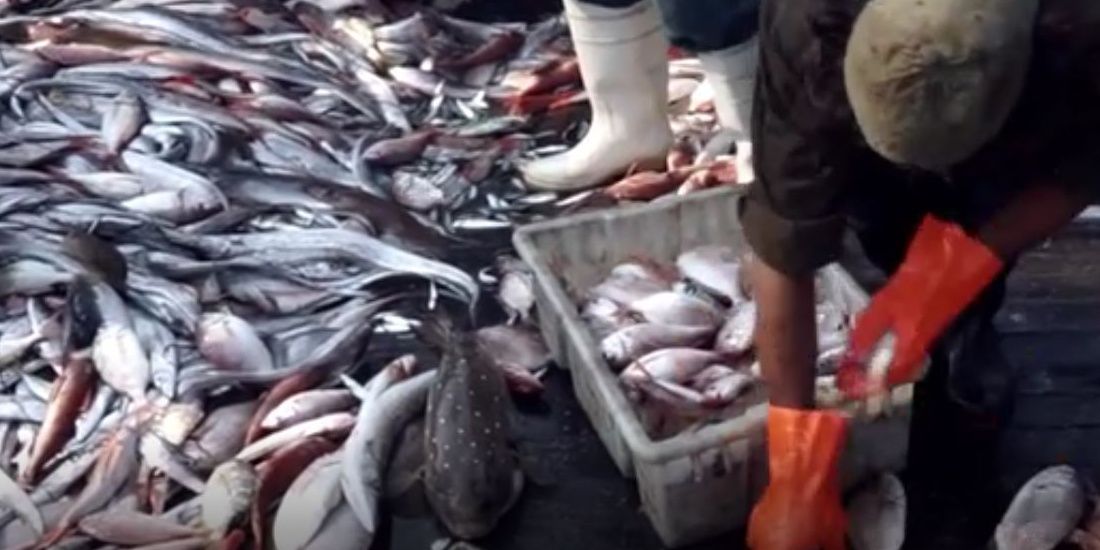
By the end of the documentary, the message is clear; people need to stop eating fish. After 90 minutes of watching millions of sea animals being killed by commercial fishing vessels and as by-catch (unwanted marine creatures captured along with a specific species being fished for), the decision to give up fish and turn to alternative sources of food is almost a no-brainer for some.
But, critics have argued that this call-to-action comes from a position of privilege. For many, the fish they catch is their only source of food, and giving that up means going hungry. In such cases, to stop eating fish is not only impractical, but it's also a direct threat to their very existence.
9 It Is Vegan Propaganda
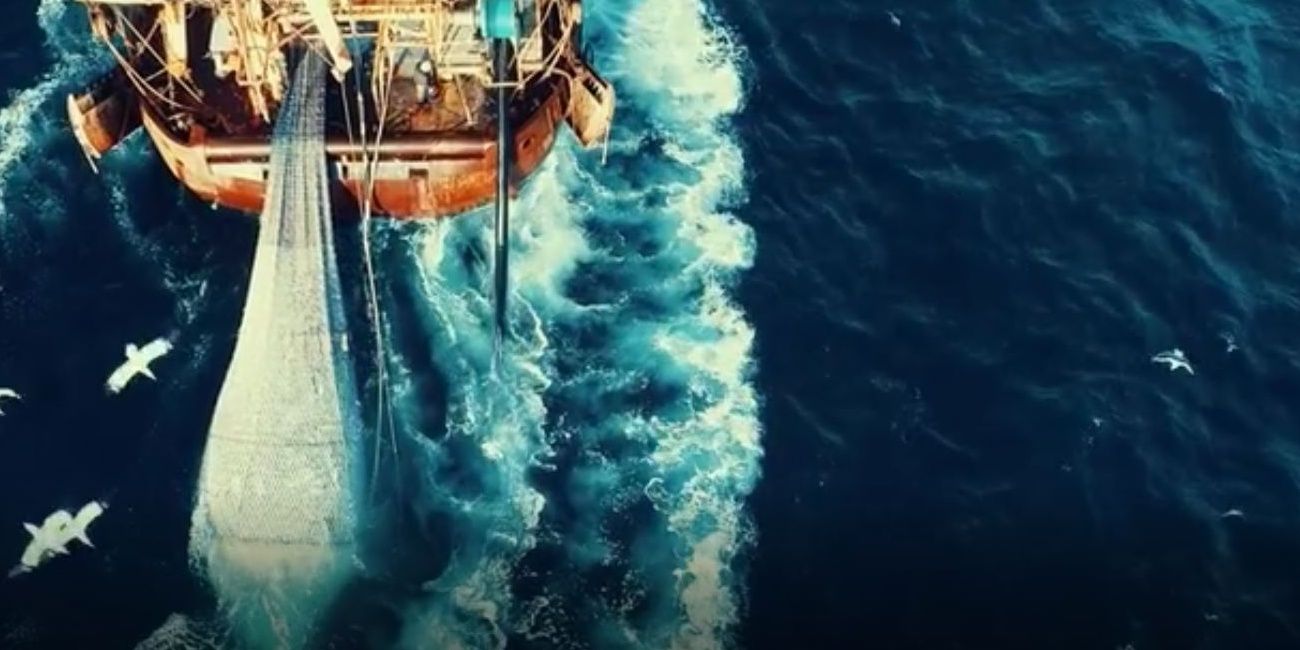
Seaspiracy focuses on the dangers of fishing and the urgent need to cease the consumption of fish. Meat, as a whole, has been labeled as a destructive industry by some and people have been encouraged to switch to a vegan lifestyle instead.
Any validity to the claims made in the documentary was called into question by the call-to-action for everyone to stop eating fish. The call has been perceived by some as veganism being forced on people when the decision should be a free choice.
8 Features Out-Of-Context Interviews

The documentary features several interviews with people and organizations involved in the fishing industry, such as Oceana and some government officials. In a lot of these, the participants seemed to evade questions or give half-answers. Overall, most of their answers didn't paint them in the best light or inspire confidence in what they were saying.
Following the release of Seaspiracy, some of the people featured spoke out about being misrepresented and having their interviews and responses taken out of context.
7 It Ignores The Existence Of Sustainable Seafood
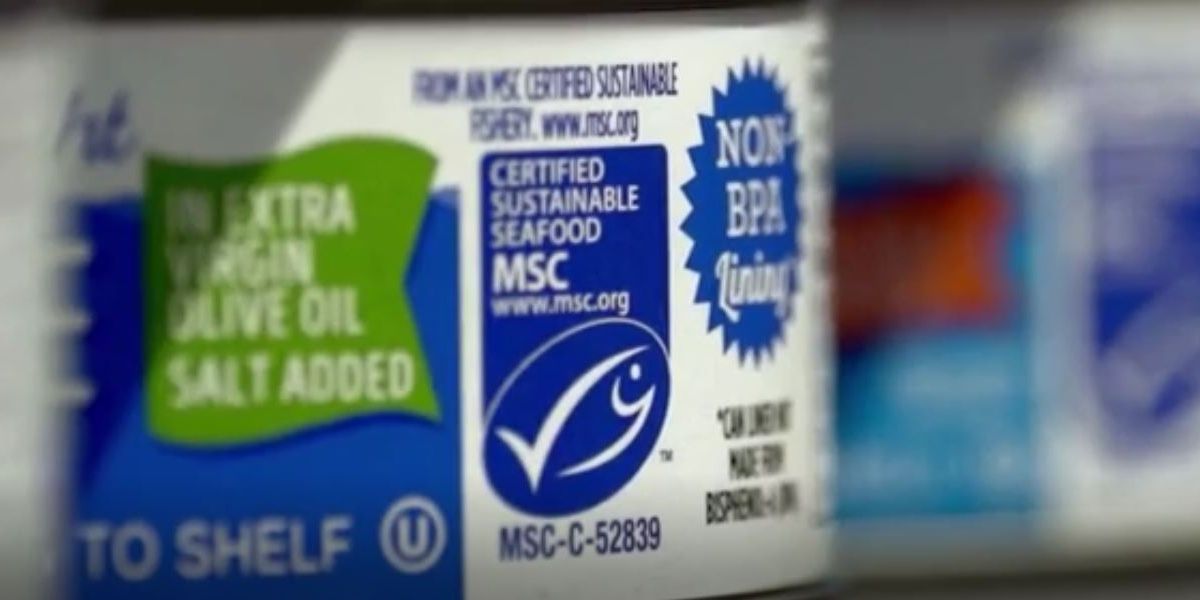
Achieving and maintaining sustainability in all things is a goal that many have preached and few have attained. The fishing industry has plenty of organizations that have been declared sustainable according to certain standards set by organizations such as the Marine Stewardship Council.
According to Seaspiracy, there's no such thing as sustainable seafood. This assertion was based on several interviews with organizations that supposedly offer sustainable seafood when their representatives couldn't guarantee that their processes are sustainable or Dolphin-Safe, as their labels suggested. Critics argued that this assertion dismisses organizations that actually work towards achieving sustainability in their fisheries.
6 It Jumps From One Issue To Another
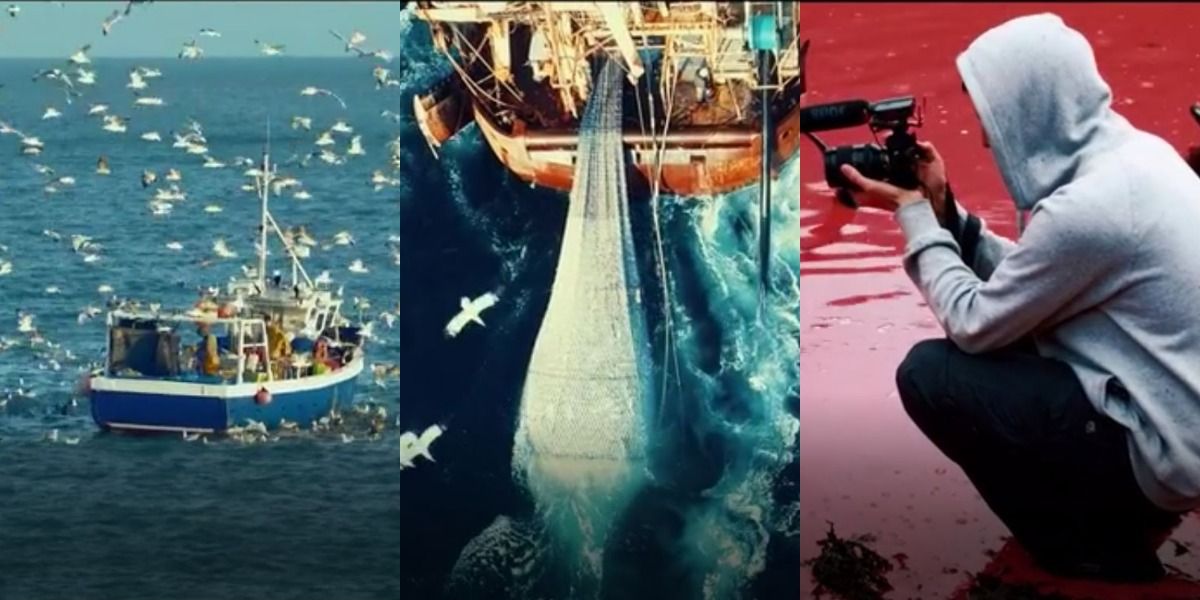
In the introduction of the documentary, Ali mentioned that he set out to show the negative impact humans have on ocean life. The first segment of Seaspiracy focused on highlighting the issue of plastic being dumped in the seas and oceans; from plastic utensils and bottles to straws and plastic bags. There were a lot of grim statistics as well about marine creatures dying with their bellies filled with plastic products from the sea and climate change.
From there, Ali spoke of whaling, shark finning, and then commercial fishing as an even greater problem responsible for the majority of plastic products being found in the sea. Critics pointed to this change of subject as confusing as it combined different issues and made it difficult to follow or understand one or the other.
5 It Cites Outdated Data
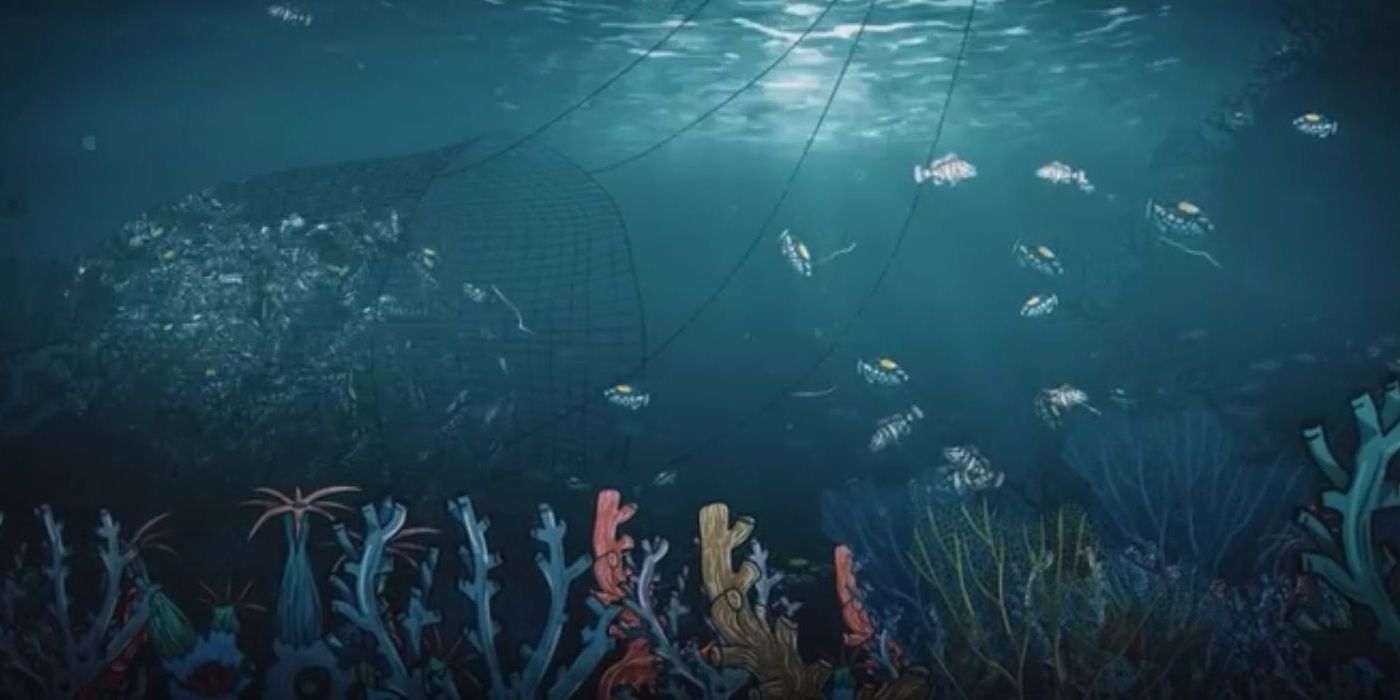
Apart from disturbing imagery of marine creatures dying by the thousands shown in Seaspiracy, the other most disturbing thing about the documentary was the statistics quoted. In one instance, Ali spoke of the possibility of the seas being virtually empty by 2048.
The critics, however, disputed this data, believing it to be inaccurate, outdated, and a gross misrepresentation of what was actually happening only meant to alarm people and push the vegan agenda.
4 It Lacks Balance
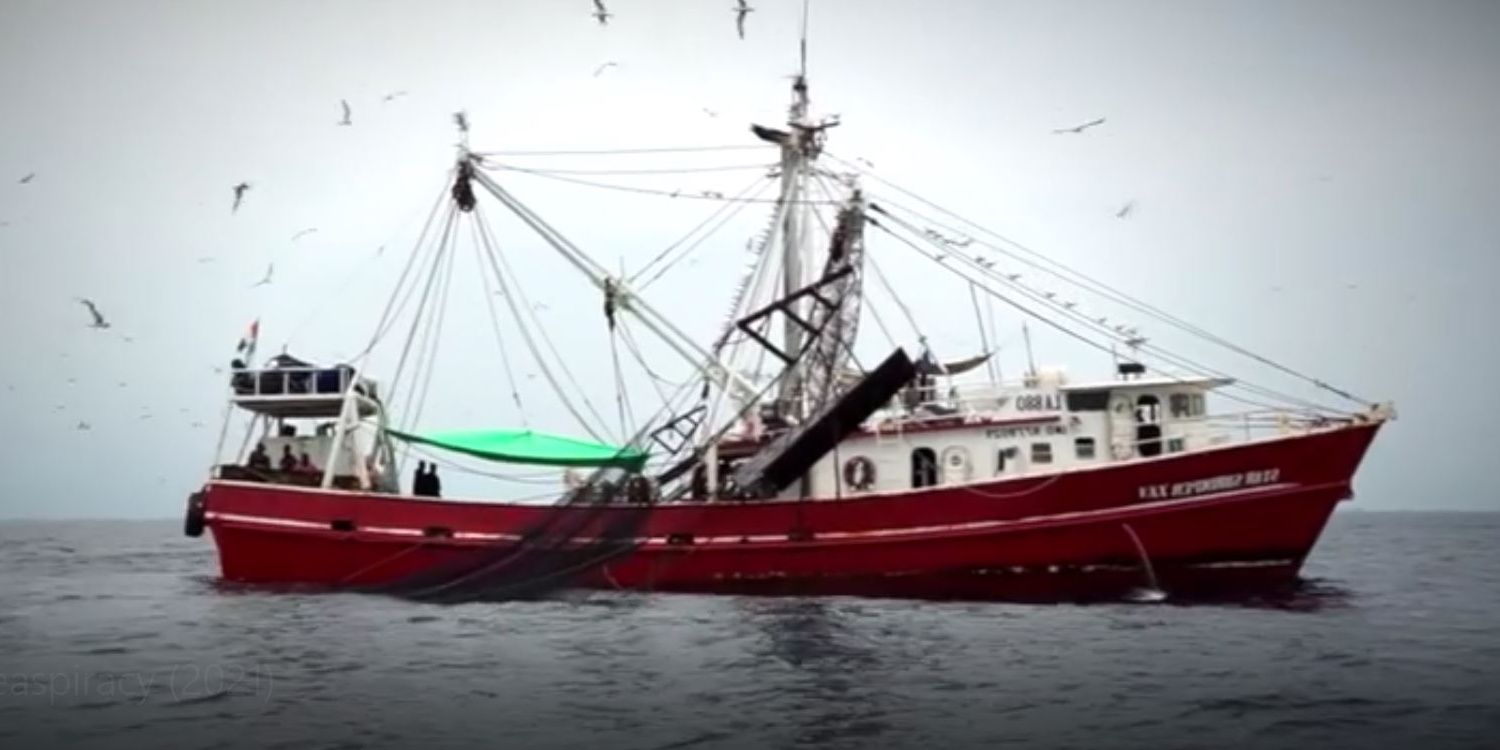
Seaspiracy's singular focus on the fishing industry and its detrimental impact on the world's oceans put a spotlight on an issue that many weren't aware of. However, in an effort to drive home this point, many believe the documentary became biased towards abolishing commercial fishing practices.
While it may be true that a lot of unsavory things and scandals are happening on the open waters, there are arguments that there is some good being done as well by some major organizations, but it was not shown in the documentary. The one exception is Sea Shepherd, a marine conservation group run by volunteers to protect marine life.
3 Fishermen Were Left Out Of The Conversation

One of the biggest criticisms of Seaspiracy is that although it's a documentary on the fishing practice, no fishermen were actually included in the conversation. There were several interviews with organizations involved in sustainable seafood, but none with any of the people who are actually out on the water catching fish.
As a key part of the industry being discussed, the audience felt they should have had a chance to present their side of the story. The documentary did mention two fishermen who were fishing far from land in a small boat with no life vests, forced to do so to find food.
2 It Ignores Some Of The Good Practices
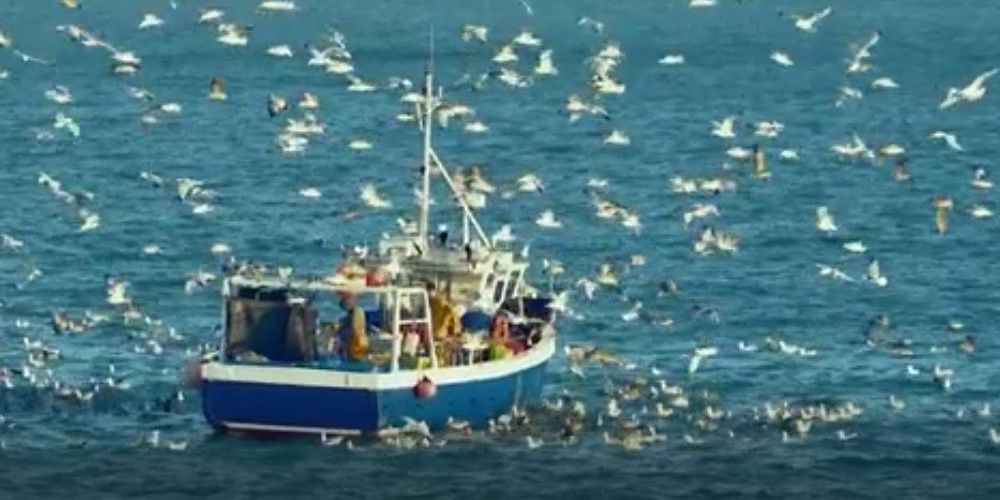
The world is far from perfect when it comes to sustainability, but the efforts made towards achieving it cannot be dismissed. This is one grievance many had with Seaspiracy. The Netflix documentary did a good job of highlighting horrific practices occurring in the name of commercial fishing but failed to acknowledge some of the good things—few though they may be.
For example, some communities relying on fishing for food and their livelihood practice sustainable catching methods. On a commercial scale, there are reports of math, computer models, and scientific studies to ensure sustainable fishing.
1 The True Cause Of Ocean Plastic Pollution
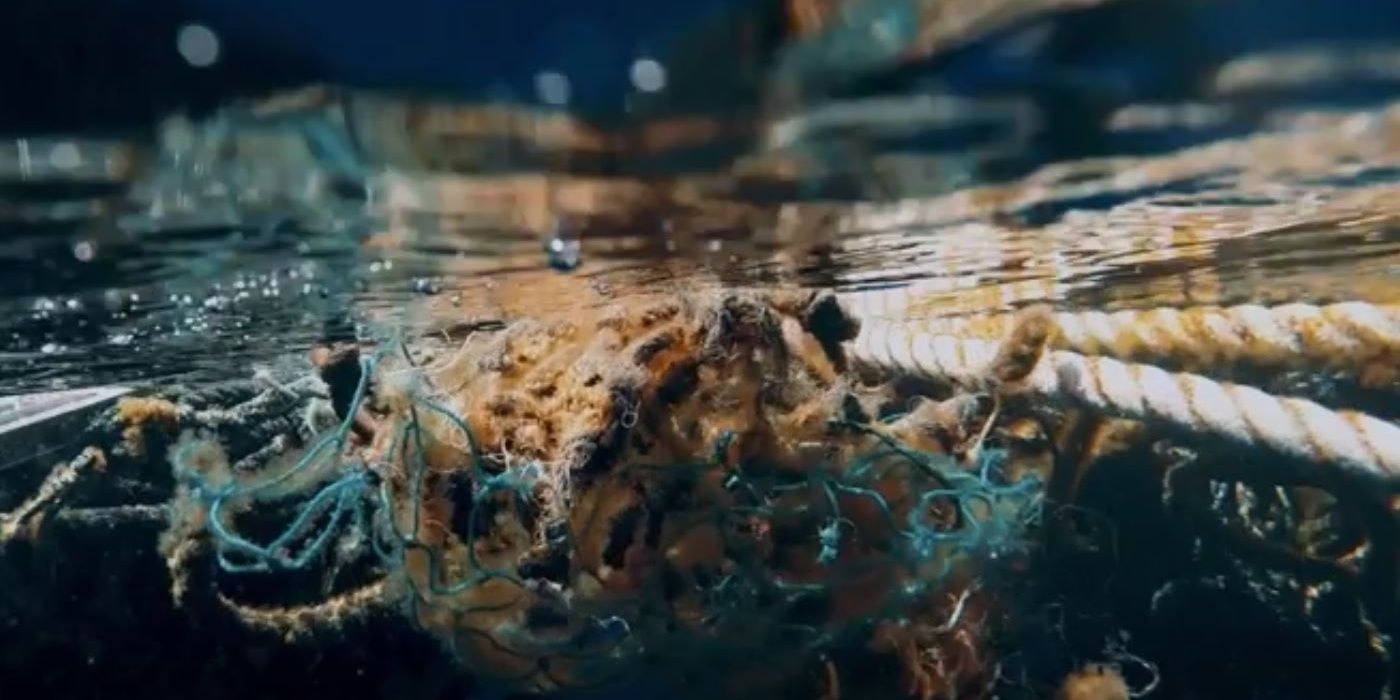
For years, the scientific community and environmentalists cautioned against the growing problem of ocean plastic pollution. In Seaspiracy, the same issue is raised with a small difference. While plastic pollution from straws, bottles, plastic bags, and other plastic products is bad, according to Seaspiracy, it pales in comparison to the pollution caused by commercial fishing.
There are arguments refuting this, claiming that while the number is accurate, it lacks context. Since fishing gear is bulkier, it fragments slower than plastic bags and straws, hence its dominant presence in the Great Pacific Garbage Patch.
from ScreenRant - Feed https://ift.tt/3wlt9Jw
via IFTTT







0 comments:
Post a Comment